A Level French
Curriculum overview for A Level French
Curriculum intent – the knowledge, understanding and skills that students will learn
Our A Level French curriculum is ambitious, enriching and allows students to be fully immersed in the target language and the culture of France and French-speaking countries from the beginning of the course. Topics are explored throughout the course which are relevant to the political and social context of modern-day France and other countries around the world which use French. Students should have a critical insight into these topical issues that occur in French-speaking countries and be able to analyse the social and historical matters which relate to them. Furthermore, students will study a work of literature and a film, and carry out an in-depth, individual research project which will form the basis of their A Level Speaking exam. Students should have an appreciation of the link between literature and film, and the wider social, historical and political contexts in which key themes are presented. Students will continue to deepen their knowledge and understanding of the French language and will become comfortable with manipulating complex language to express themselves and present a range of different opinions on complex subjects relevant to the modern world.
Curriculum implementation – teaching, learning and assessment strategies
In Year 12 and Year 13, students have five hours of weekly contact time but are expected to add more hours of targeted independent learning. Students in Year 12 have one hour of 1-2-1 time per fortnight and those in Year 13 have two hours of 1-2-1 time per fortnight with the language assistant for additional speaking practice and support. Each lesson begins with retrieval style activities which students can apply to new contexts and help long-term language acquisition. By revisiting structures, our aim is that students become confident in manipulating language and applying it to new situations. Target language is used throughout the lesson, allowing for ‘implicit’ language acquisition and encouraging them to be confident communicators. Activities requiring students to grapple with difficult grammatical concepts or demanding literary texts are included in the curriculum and students are encouraged to ‘have a go’. Independent learning is encouraged, and language learning extends beyond the classroom to homework, wider reading and independent tasks. Students are encouraged to attend the trip to Paris. Assessments, both formative and summative, are set in all skill areas.
Curriculum impact – intended outcomes for students
Our languages department employs a range of strategies to ensure students learn in an enjoyable, positive and inclusive environment. We have also implemented some EPI (Extensive processing Instruction) principles into our lessons. By the end of the A level course, our students will be enthusiastic and competent language learners and should be able to express ideas clearly and coherently in both spoken and written French, using advanced vocabulary and grammar. Students will have gained knowledge about French-speaking countries’ societal issues, culture, and artistic heritage, enabling them to discuss these in-depth. The speaking exam involves presenting and discussing a research project on a chosen topic, allowing students to demonstrate their ability to research, analyse, and present ideas in French. These key components ensure that the curriculum meets the needs of students aiming for fluency in French while fostering a deep understanding of French culture and critical thinking skills.
Course overview for A Level French
Exam board: AQA AQA | French | A Level | A-level French
Paper 1: Listening, Reading and Writing
Section A: Listening
Section B: Reading
Section C: Writing (Translation)
Paper 2: Writing
Section A: Literary Texts – ‘No et Moi’
Section B: Film – ‘La Haine’
Paper 3: Speaking
Section A: Discussion of a Theme
Section B: Presentation: Individual Research Project (IRP)
